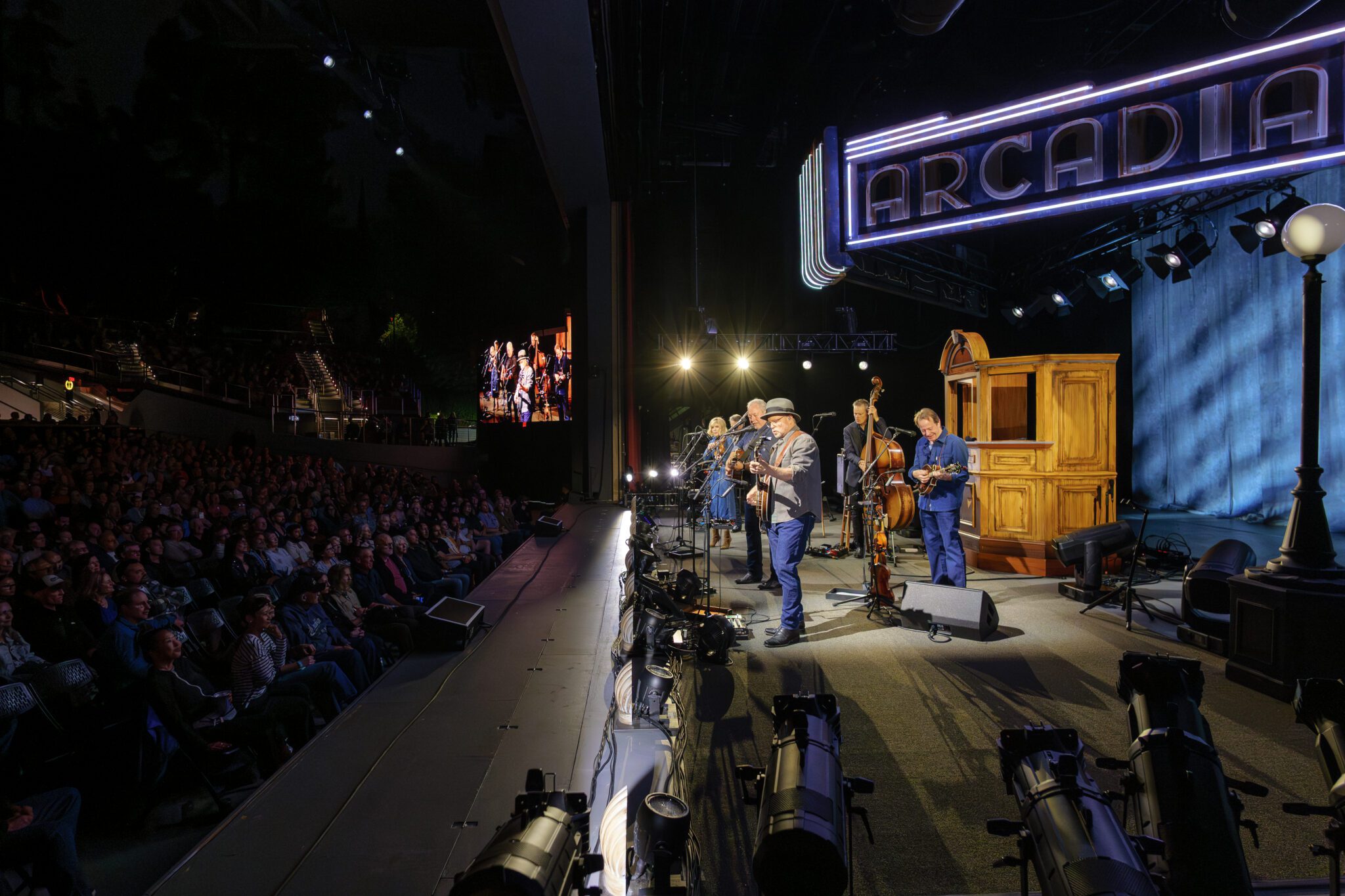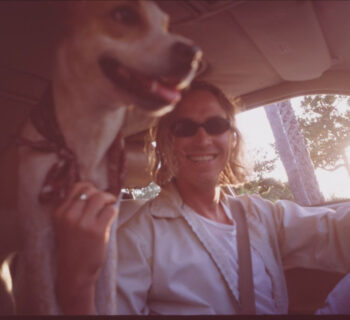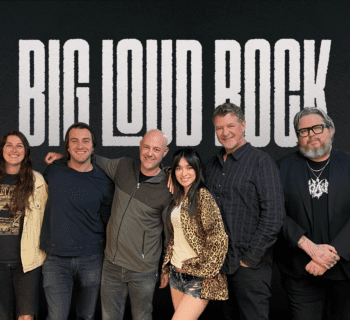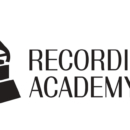The American Society of Composers, Authors, and Publishers (ASCAP), has long stood at the forefront of protecting creators' rights through waves of technological change—from radio to streaming. Now, as artificial intelligence transforms the creative landscape, the organization is doubling down on its mission: safeguarding the value of human-made art.
On July 16, 2025, the Senate Judiciary Subcommittee on Crime and Counterterrorism held a hearing focused on how copyrighted works are being used to train A.I. models—often without permission from the creators. It marked the first time lawmakers publicly explored whether knowingly training A.I. on copyrighted material without a license could warrant criminal copyright infringement charges.
A statement from ASCAP emphasizes the seriousness of this issue: “Willfully using copyrighted works without permission to train A.I. models is not fair use, it’s theft.”
During the hearing, both policymakers and witnesses voiced concern about the implications of unauthorized A.I. training, warning that it poses a significant threat to the creative community and the legal protections that support it.
A statement from the organization underscores ASCAP’s commitment: “ASCAP has protected the value and the dignity of our members’ music for more than a century of technological innovation, and we’ll continue to do so as A.I. evolves.”
Elizabeth Matthews, CEO of ASCAP, welcomed the hearing and its outcomes. “The Senate Judiciary Subcommittee hearing affirmed what ASCAP has always known: American copyright law does not discourage innovation—it fuels it,” Matthews said in a statement.
She added, “The unauthorized use of copyrighted works to train generative A.I. models fundamentally undermines the vibrant US creative economy, which generates over a trillion dollars each year and supports the livelihoods of millions of creators.”
As the A.I. era unfolds, ASCAP is making it clear: creativity has value, and that value must be respected—not just by people, but by the technologies shaping the future.
You can read ASCAP’s full submission HERE.














